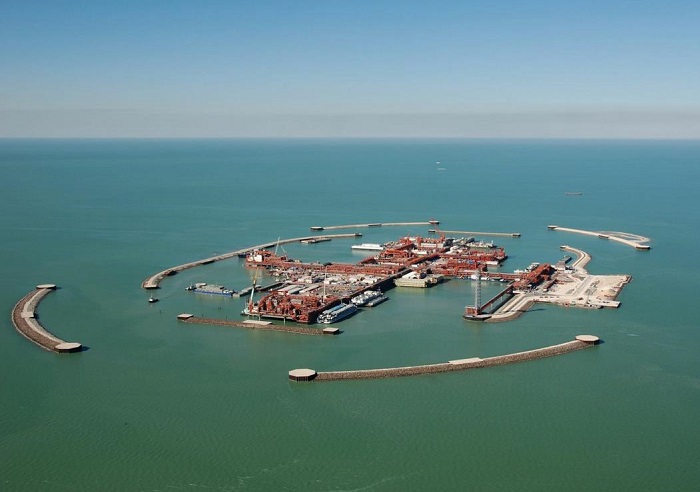He believes the construction of the Eskene-Kuryk-Baku pipeline for further Kashagan oil transportation through Azerbaijan will help solve this problem.
According to him, construction of the Baku-Tbilisi-Ceyhan pipeline at the time opened up new prospects for transportation of Central Asian hydrocarbons to the west, and now the pipeline is ready to transport Kashagan oil as well.
Previously, Azerbaijan’s Energy Minister Natig Aliyev said Kazakhstan will be able to daily export 150,000 barrels of Kashagan oil through the Baku-Tbilisi-Ceyhan pipeline.
Kashagan is a large oil and gas field in Kazakhstan, located in the north of the Caspian Sea. Its total oil reserves amount to 38 billion barrels. Some 10 billion out of them are recoverable reserves.
Kashagan’s natural gas reserve exceeds one trillion cubic meters.
Production at the Kashagan field started in September 2013, but in October, it was suspended after a gas leak on one of the main pipelines.
An analysis was conducted for several months, which revealed numerous micro-cracks on the pipeline. They emerged as a result of the impact of the associated gas of high sulfur content on the metal.
The project’s operator, North Caspian Operating Company BV (NCOC), confirmed the need for a complete replacement of the 200 kilometer long gas and oil pipelines at the field.
More about:
















































